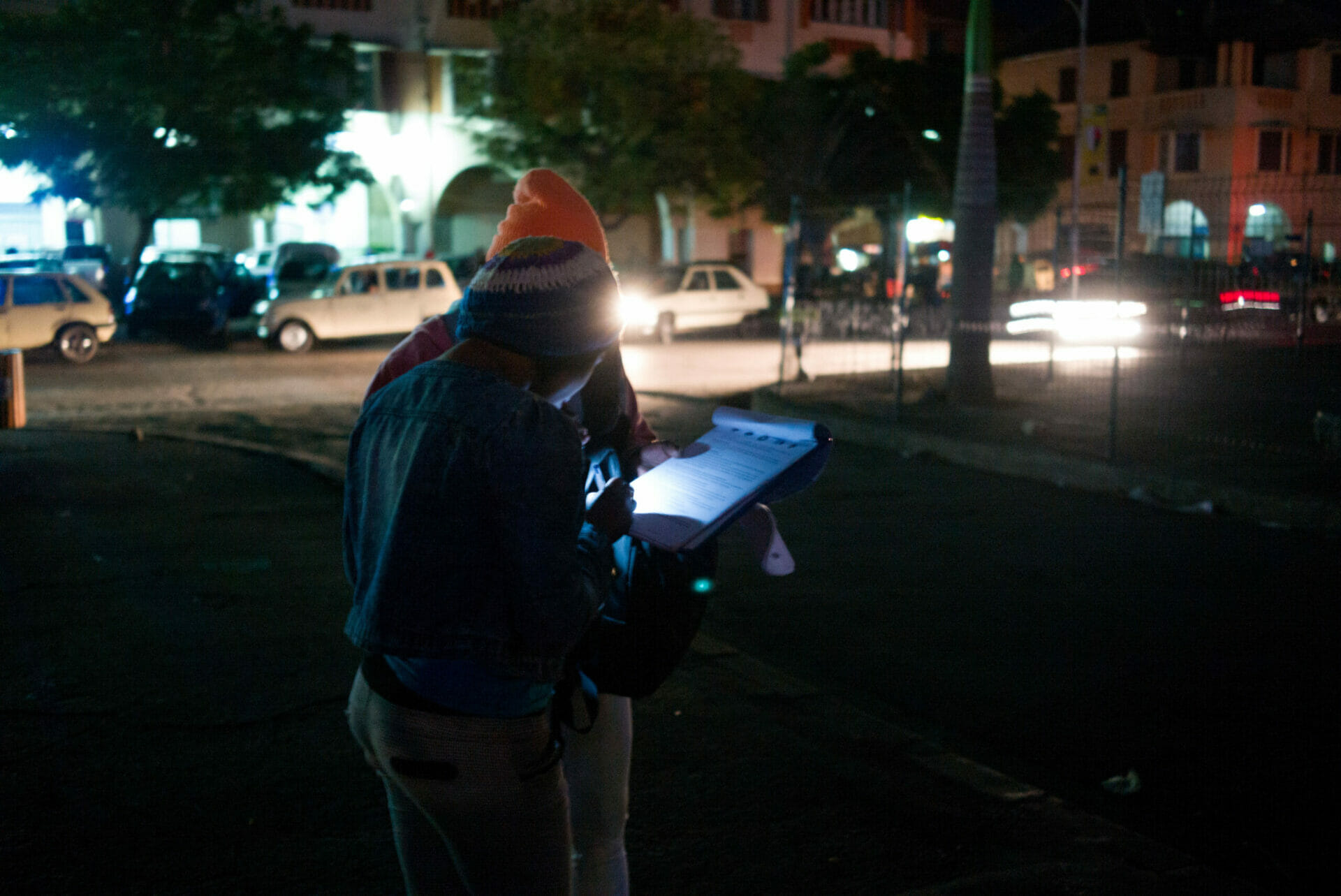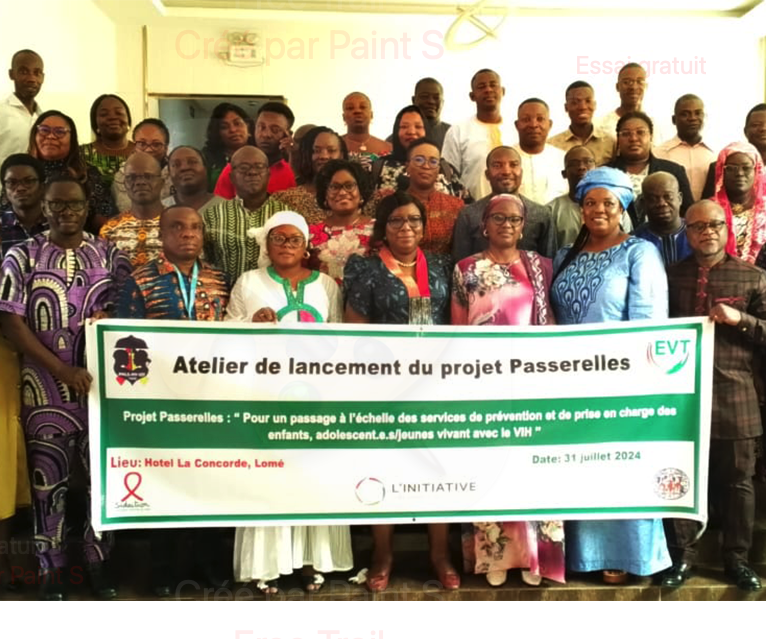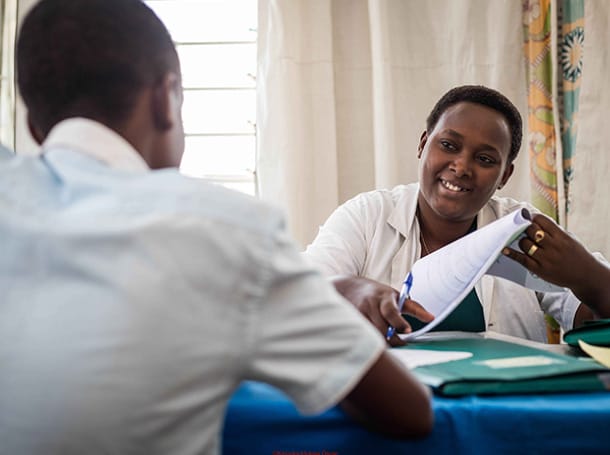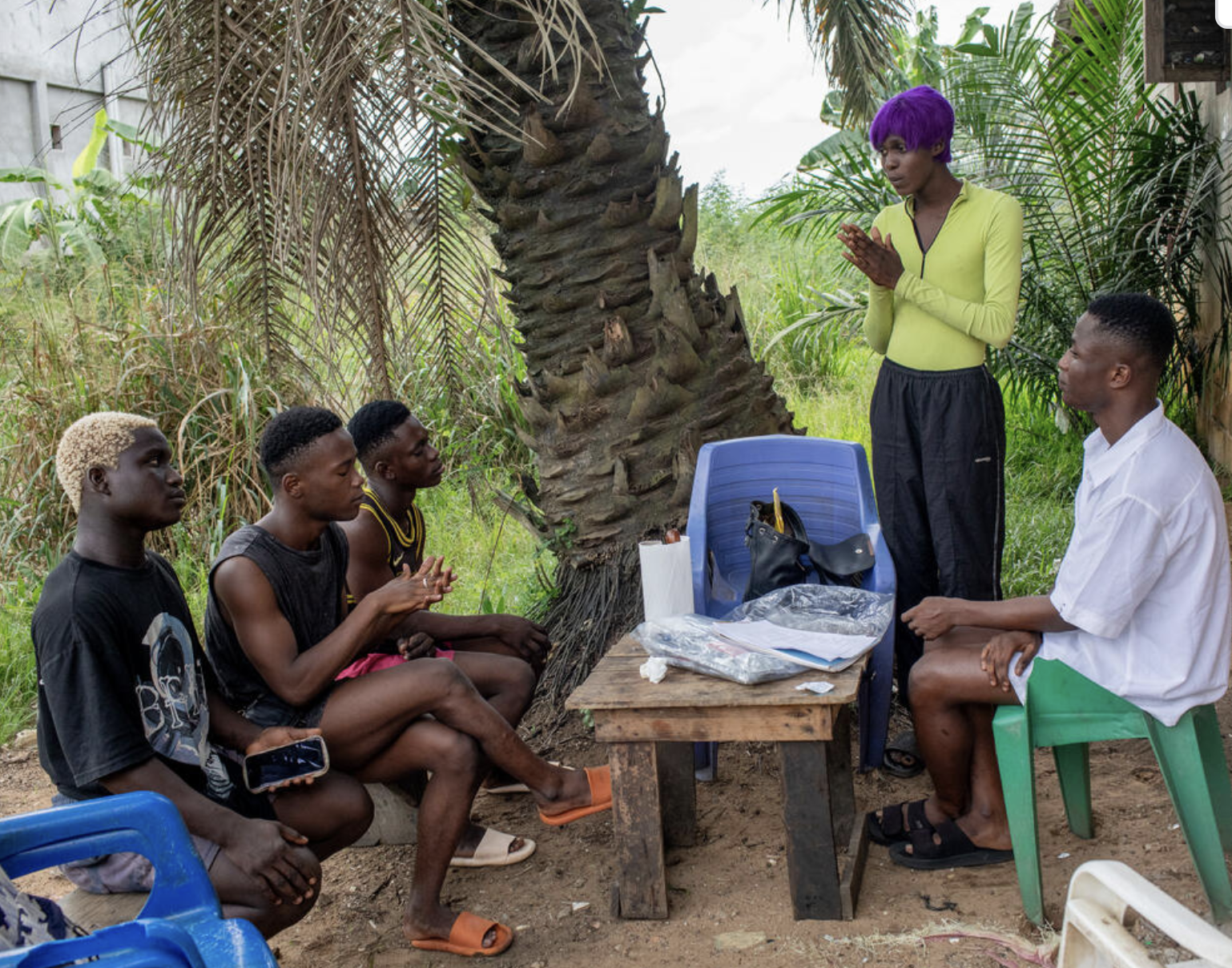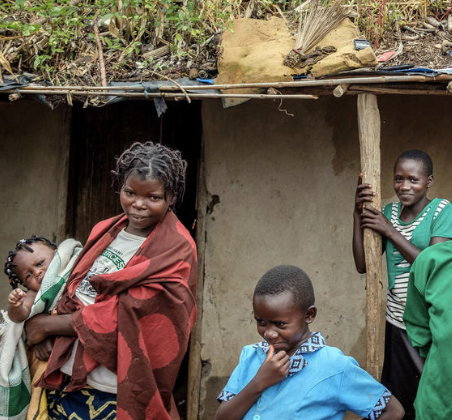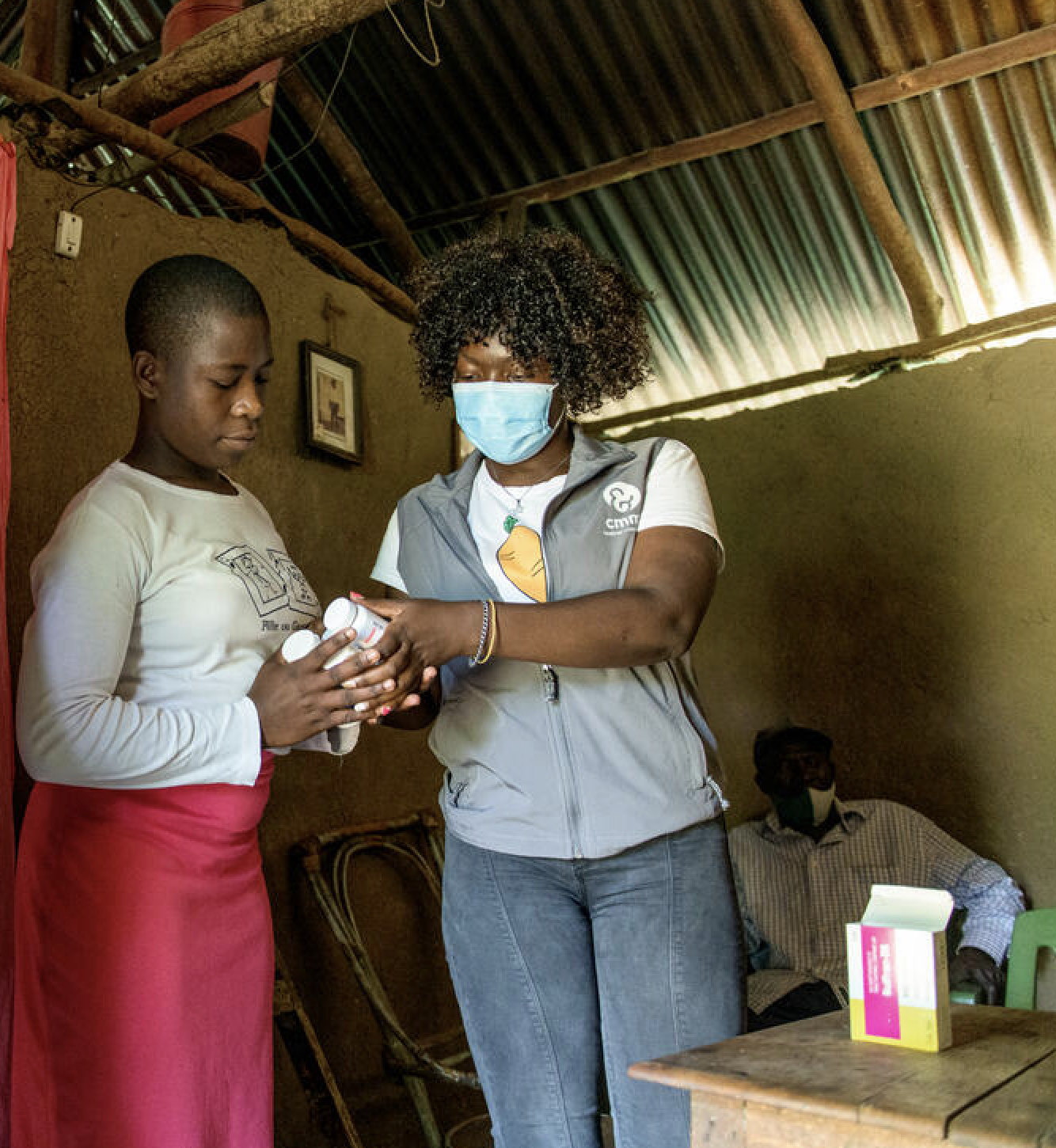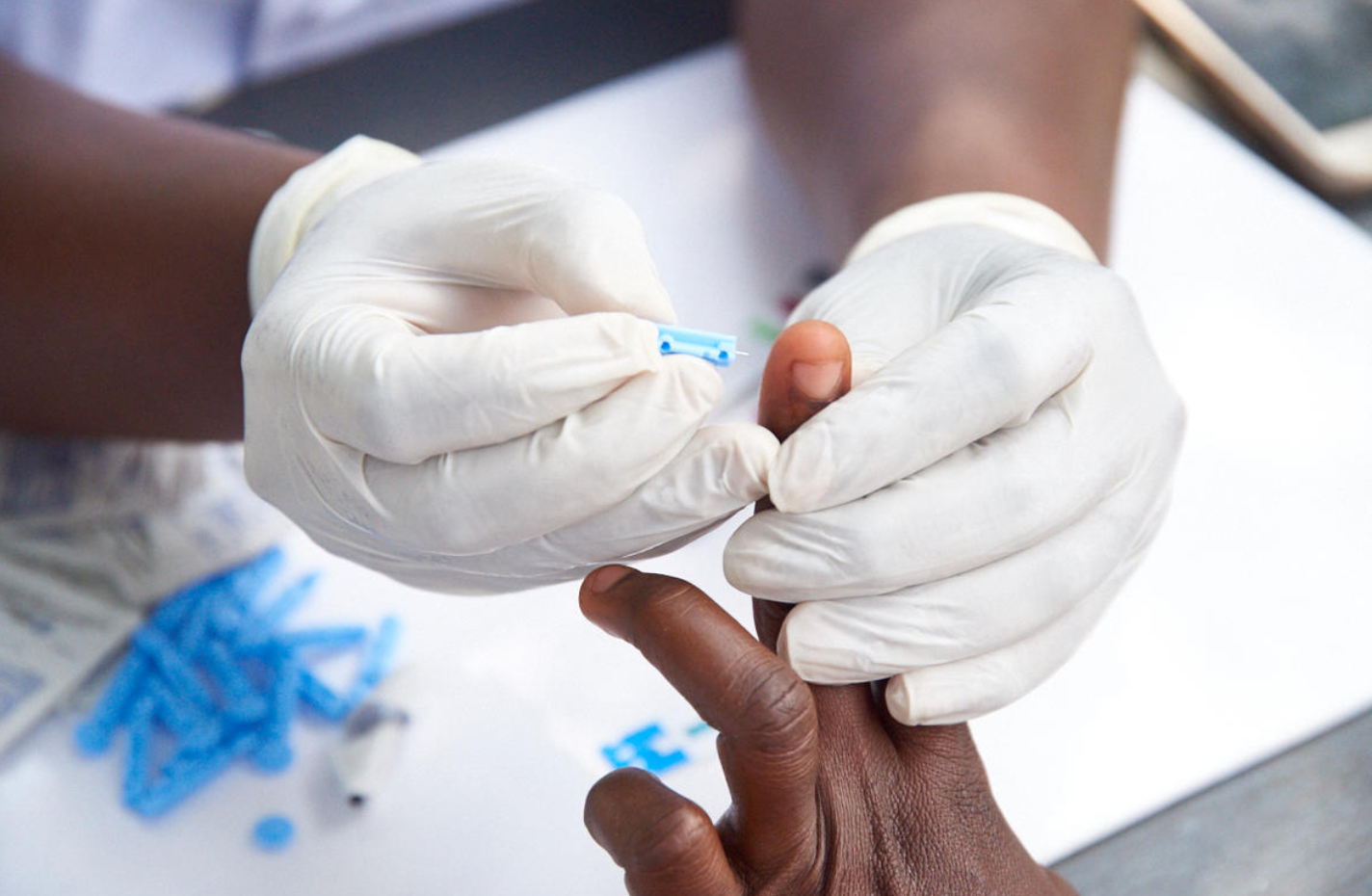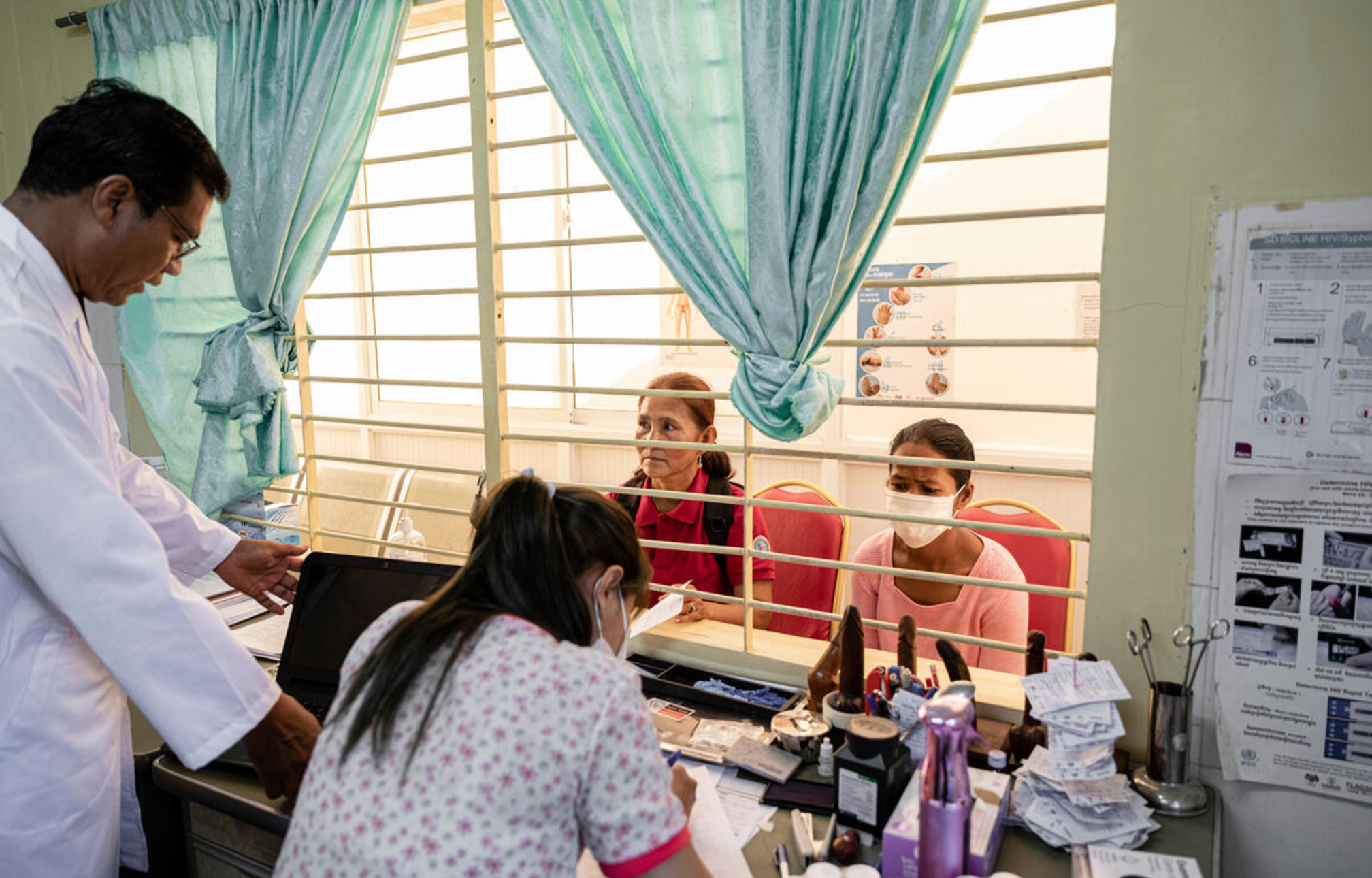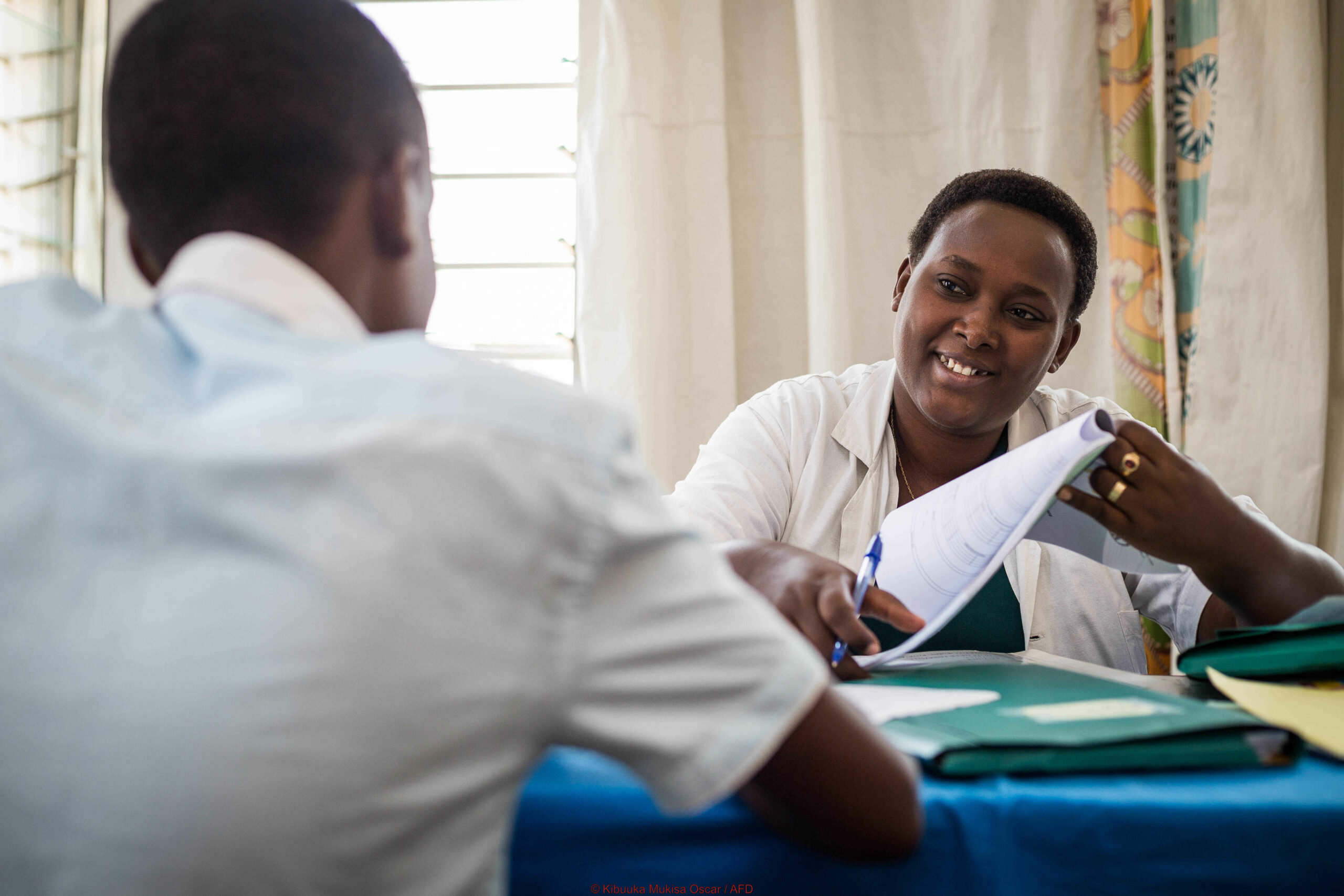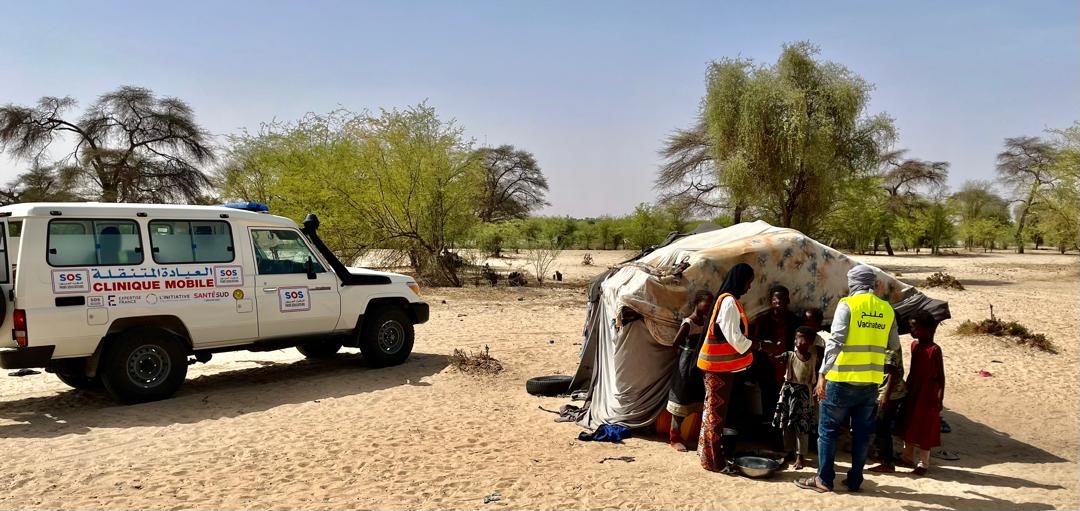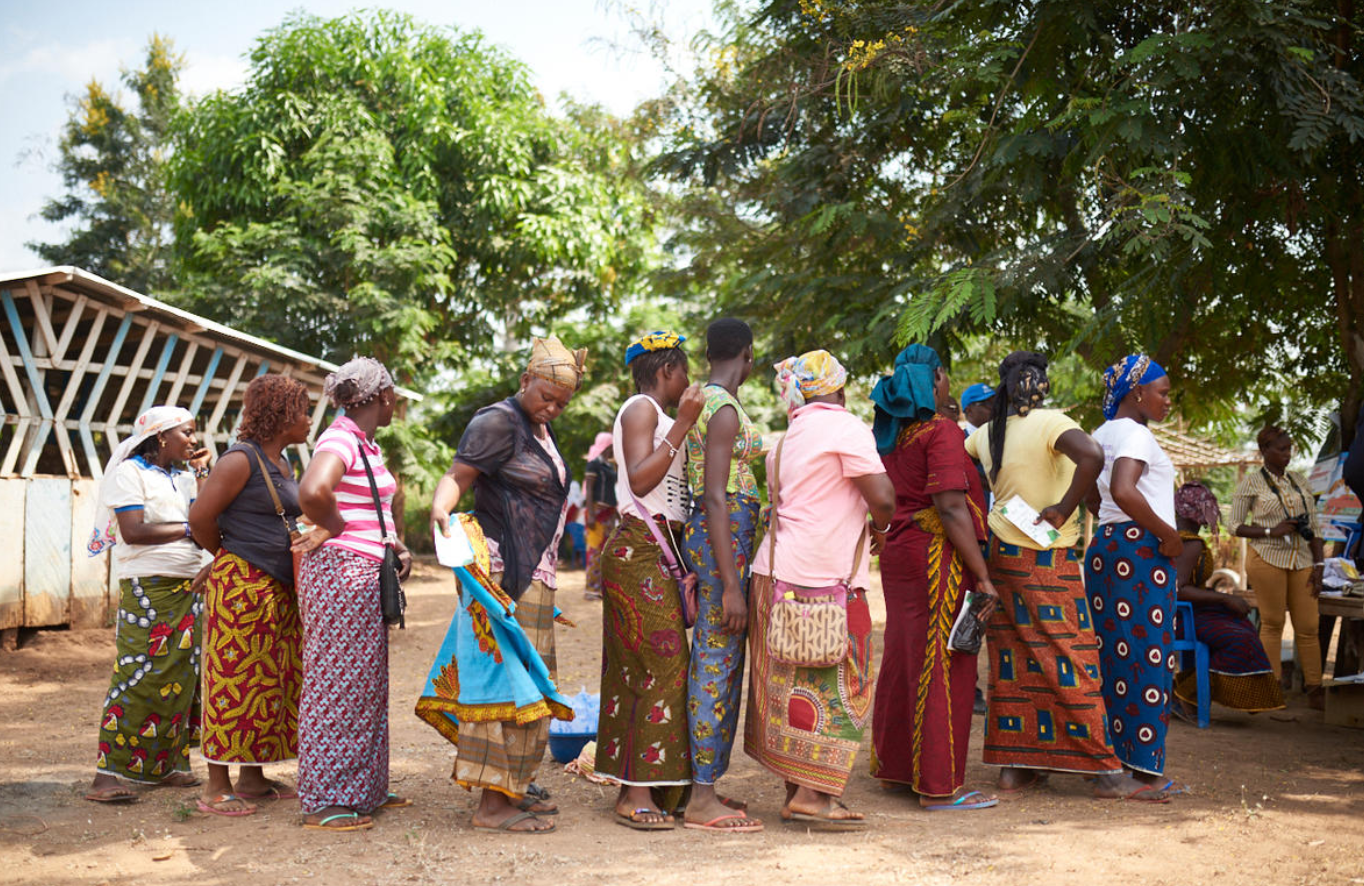What did you learn from your experience as a trainer in Madagascar?
This assignment has been very enriching. It started when I was invited to participate in the training of TRODers with other peer educators in Madagascar. Madagascar is a country close to my heart; I have been there several times I know the context for sex workers and transgender people in Antananarivo. At the time, many of them suffered from sexually transmitted infections and had never been tested. When I questioned them, I realized that they were not welcomed at hospitals and that the work with organizations did not always go well. So, I naturally agreed to participate in this assignment. PILS asked me because they knew me well because of my years of commitment as a peer educator. My goal was to train peer educators from Malagasy community organizations. There were peers from several regions, from different communities, which was very interesting.
During the training, André Inwoley (the expert engaged by L’Initiative) asked me to do the demonstrations for him. This made me happy because it was a sign of recognition of my expertise and skills. I also had to train caregivers. For example, a doctor asked me for advice on doing rapid testing and talking to the community about getting them tested. So, I shared my experience with him to help him understand the community approach. This approach I learned through training, but particularly through my experience with Parapli Rouz in Mauritius. In my organization, we have completely revised the way of doing rapid testing to adapt it to our target audience—sex workers. It is thanks to this knowledge and the skills I learned in the field that I was able to provide help in Madagascar. I thank L’Initiative for giving me this opportunity.
What difficulties did you face during the training?
First of all, there was the issue of language. Not all of the people spoke Malagasy. Some spoke dialects, which was an obstacle to fully understanding the training. We had to look for a translator who knew these dialects to be able to ensure that everyone could participate. Also, although all the participants were convinced of the importance of carrying out testing and were ready to implement it, they were worried because the equipment needed to do it had not yet been made available by the government.
It is a shame that there was no follow-up. It is a shame not to have had any feedback from the people trained. I was a sex worker myself, so I know very well the difficulties that you can have on the ground. However, with new technologies, everyone is connected: remote monitoring could be carried out. I have set up a communication system with the girls I work with at Parapli Rouz via WhatsApp. Now, despite the COVID-19 pandemic, I continue to maintain the link by working through these communication tools.
Why do you think the community approach is so important?
If a doctor tells me something, I’m not going to listen to it. I would rather listen to someone who understands me, who looks like me and who does the same job as me, and with whom I can share everything, without judgment, without discrimination.
In my opinion, you need to network to create a bond of trust and sharing. To find solutions together, we must think together in order to share opinions and find the best solution. We must take into consideration peers and the community to see what they need, what to change, improve… If we want to achieve our goal of eliminating HIV together, we must adopt the community approach and train peers. In the past, I did training with the Sex Workers Academy Africa (SWAA) for sex workers on legal advocacy. I am still in touch with the other participants, thanks to Facebook. I don’t speak English very well, but we find a way of communicating: I have made friends all over Africa and even in France, Canada, Brazil… I consult the other girls to share our ideas, to talk about the precautions to take… I get a lot from this, especially sharing of best practices.
What do you think about building the capacity of community organizations?
Often, it is the big NGOs that are in the limelight. It is true that they produce quality reporting and communications, as they have have specialized people internally for this. In our community organizations, it’s different because there are fewer people available. However, it is up to us, organizations in the field, to implement activities. In Mauritius and elsewhere, donors need to open up to more NGOs. At Parapli Rouz, our work goes well beyond distributing condoms and carrying out tests. We also make sure that the person is well, that they are eating, that their rights are respected, that they are in good health, that their children have access to school. We provide support in relation to care. Our organization is small, yet it has reached over 2,000 sex workers in Mauritius.
Also, training is not a one-time experience. I have highlighted this several times: when you start to do basic training on HIV, you have to continue working outside of the training with the people trained. The same people must be trained on several aspects of the HIV response over time, covering several subjects. Without follow-up, people may feel used because they are only called upon when they are needed.
If you really want to change the situation in the world, you have to take the person into account and live their illness with them.
What’s next for you?
I would like to learn more about the legislative framework; I am passionate about the law. Maybe if I had been educated, I would have been a lawyer, and I could have defended sex workers more. We are proud to have an organization that takes care of us. We do not use the term beneficiary: we are talking about “girls” because they give more than they receive. We know what is happening on the ground, and we have the answers to move forward and deal with epidemics.
What message would you like to end with?
People are people, not numbers. I think indicators are important, but if you want quality, you have to think about the person. When a person tests positive, we must support them and see why they are not accepting the disease or refusing treatment. We must face the disease together, make them understand that there are people who love them and who rely on them. A few days ago, I lost a girl, a friend. I am sad because I did not have enough time to follow her up due to the lack of human resources in my organization. If you really want to change the situation in the world, you have to take the person into account and live their illness with them.
